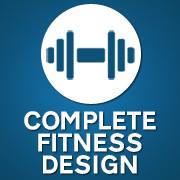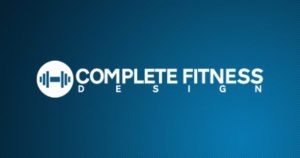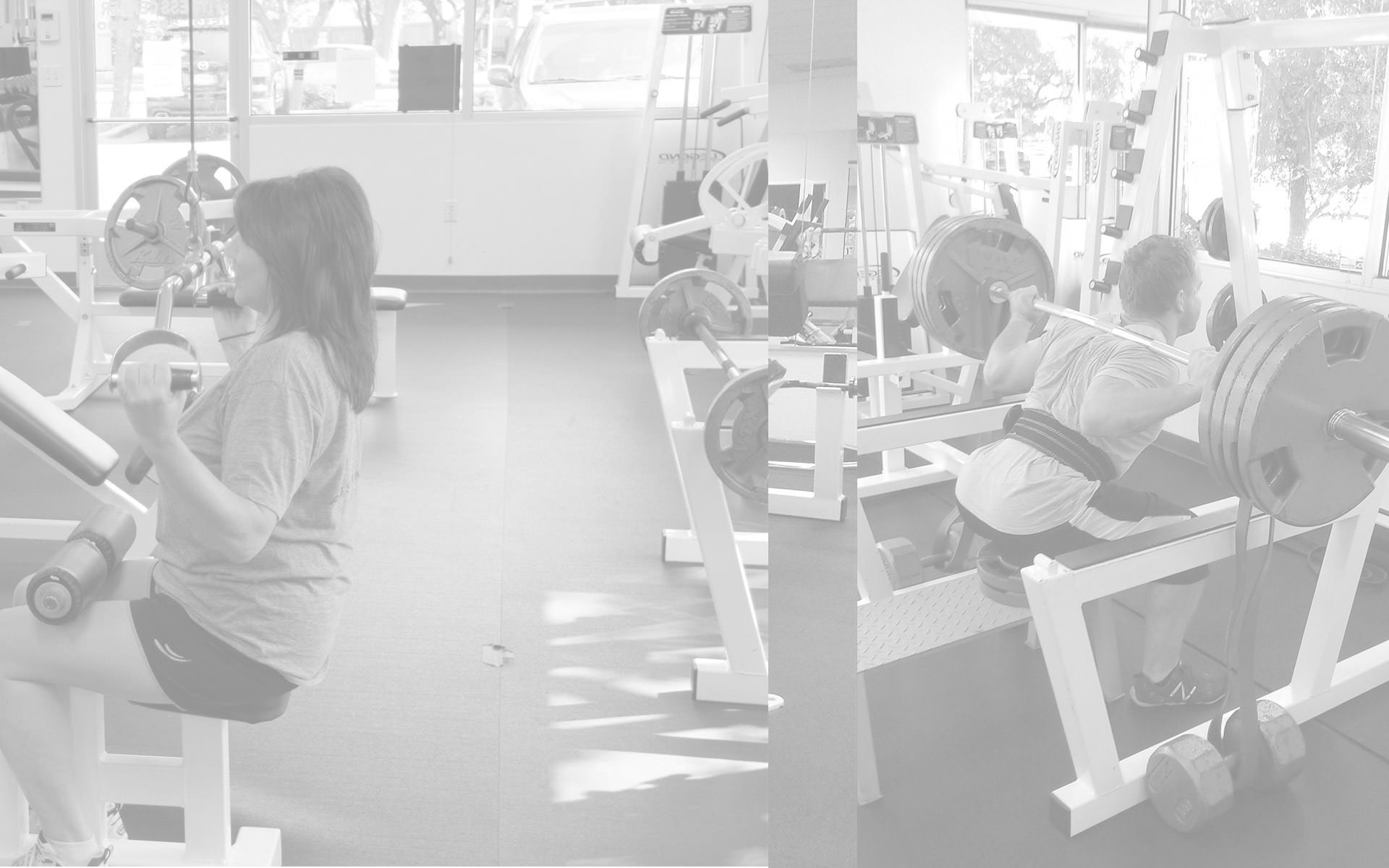What Are Some Of The Best Foods For Weight Loss?
If you’ve decided you really want to lose weight and are ready to dedicate yourself to the undertaking, there’s a few things you likely already know, and a few things you likely don’t. You may know that you’ll have to exercise aerobically, but you may not know when is the best time to do so. You may know you need to make good choices at the dinner table, so to speak, but you may not know which foods are best for weight loss. Choosing the best foods for weight loss involves a little common sense, but it also involves some science.
Common sense dictates that you should cut back on fats if you are looking for the best foods for weight loss. Fats, however, are an important part of our dietary needs. Therefore, it’s important that we ingest some good fats, as opposed to the bad ones, which can lead to arterial blockages, high cholesterol, and of course, weight gain. Being obese, or even just plain overweight, can lead to a plethora of health issues. It is also very damaging psychologically as our body image becomes poorer and poorer. Therefore, reducing fats by making good choices at the grocery store is an important first step once you’ve decided you want to lose weight. For example, if you plan on eating a steak, consider not buying the heavily marbled rib eye, but instead, a lean strip of sirloin. This in itself reduces your bad fat intake exponentially, especially when done over time.
On average, I recommend people get roughly 10% of their daily calories from good fats. Good fats are important for our high density level (HDL) cholesterol levels, which combat the low density level (LDL) cholesterol levels. Sources of good fats are salmon, nuts, olive oil, avocado, chia seeds, etc. Bad fats, such as the trans fats, abound in fast food, pizza, etc, so if you’re looking for the best foods for weight loss, you’d do well to avoid them.
Carbohydrates are a much maligned macronutrient. People tend to believe that if they cut out carbs, they will magically lose weight and feel great. If you ingest the good carbs, known as complex carbs, and in the right amount, then this is completely false. Carbohydrates are well known to be the most efficient and beneficial fuel supply for our bodies. Simple carbs, or processed carbs, however, will spike your blood sugar levels, and in some folks, actually promote an insulin response which isn’t exactly helpful for weight loss. Another reason to avoid the simple carbs is that they promote water retention more so than their complex counterparts. When you consume carbohydrates, generally speaking, your body will turn them into glycogen for fueling bodily functions, as well as your muscles in the digestive process. The kidneys retain sodium as a result of the carbohydrate intake, and as a result, for every gram of sodium your kidneys retain, your body retains roughly 2.5 grams of water. So how do you not become a human water balloon in light of the fact that our daily recommended intake of carbs is anywhere from 40 to 60%? Simply choose good, complex carbs over the simple ones, and consume the proper amount of water. Great examples of good carbs are anything that is whole wheat as opposed to flour. Whole wheat pasta as opposed to regular pasta. Whole wheat bread as opposed to white bread. Oatmeal, quinoa, lentils, beans, etc, are all examples of complex carbohydrates.
When looking for the best foods for weight loss, you also need to consider how much water you will consume. If you don’t drink an adequate amount of water, you will retain water, and find it very difficult to lose weight. How much water should you be drinking? There is the old sweeping statement that 8-8 ounce glasses per day is perfect, but that hardly fits everybody’s needs. How much water you need depends upon how much water you lose through perspiration, breathing, urination, etc. It also depends upon what you eat, how big you are, how high your metabolic rate is, and so on. I don’t care for sweeping statements and generalizations, but a good way to establish a baseline for your daily hydration needs, is to take your body weight, and cut it in half. That’s how many ounces you should aim for initially. In other words, if you weigh 150 lbs, you should shoot for drinking 75 oz of water every day. That’s not where the process ends, however. That is a generalization in order to establish a baseline. The best way to decide if you need more or less water than the formulaic calculation, is to simply look at your urine. After the first couple of urinations of the day, you should have mostly clear urine, with a slight tint of yellow. If it’s darker, you need to add more water throughout the day.
When looking for the best foods for weight loss, just remember, you have to eat it, not just agree with it. In other words, if some blog tells you that salmon is a great source of healthy fats, but you find it repulsive, forget the blog and find a different source of good fats. Whatever you choose to eat has to be palatable enough to you so you can continue to eat it on a regular basis. If you’re not able to be consistent with your proper dietary intake, you won’t be getting many results.
Ready to Get Started?





